Wendy Wahl: Paper Trail
July 11, 2019
Text by William Morgan
Wendy Wahl goes for a daily walk in the woods near her home and studio in Richmond, the heart of Rhode Island’s rural South County. These meditative nature strolls are not so unusual for a New Englander living in the country, of course. But trees have become the central metaphor of Wahl’s artistic expression over the past decade and a half. The forest provides Wahl with her favorite medium, through which she wants her audience “to question their relationship to the natural world.”
The Los Angeles native, who moved east to do graduate study in weaving at the Rhode Island School of Design, began working with deaccessioned Encyclopedias Britannica about a dozen years ago. Just as digital media seemed to be supplanting a lot of printed material, Wahl fell in love with what she calls “the materiality of books,” and her work reexamines the power of words printed on paper.
“Paper can be permanent or transient, delicate or strong, cheap or expensive, abundant or scarce,” she says. “It can be cut, bent, folded, crumpled, twisted, torn, glazed, waxed, pulped, or burned.” Her expression of what she sees as a “forest of knowledge” involves wall-hung panels onto which scrolled pages have been glued in a fashion one critic called “texturally reminiscent of tightly tiered cocktail napkins,” and a gallery packed with groves of twisting trunks and branches.
Artists have always restructured familiar elements in new ways, but Wahl’s deconstructed book pages assume the status of cultural artifacts. The arboreal presence in her landscapes, she says, defines “the patterns of relationships that link all of the earth’s species,” trees of knowledge that define the “branches of human thought realized in the form of writing.” Her intriguing patterns of folded, stacked, and glued paper are intrinsically attractive, but they also force us to consider how we obtain, preserve, and disseminate knowledge.
Wahl is, nevertheless, a lot more than her encyclopedia groves. Her first major endeavor was WahlWorks Textiles, where her hand-printed silk-screened fabrics for the home-furnishings market were sold in New York, Boston, and on the West Coast. She did all of the printing herself until the line was so successful that she had to sub out part of the operation. She eventually decided to stop manufacturing and devote more time to artistic explorations. Textiles are still an important medium; her Period Dress, constructed of dupioni silk and chained wool, is currently part of an exhibition at the Palazzo Bembo in Venice, Italy.
Much of her current work consists of scrolled paper reliefs, such as the forty-four-by-seventy-inch piece called Strata that was recently commissioned for a biotech headquarters in Washington, D.C.
In thirty-five years, she has amassed a remarkable exhibition record, showing her work from Providence, San Francisco, and Boston to Wollongong, Australia. Her work is displayed in major collections, such as Cooper-Hewitt Museum and the RISD Museum. She used to commute to New York to teach at Parsons School of Design, and has taught at her alma mater RISD, as well as at Haystack Mountain School of Crafts.
It was at Haystack on Deer Isle, Maine, where Wahl met her husband, furniture maker and RISD professor John Dunnigan. They settled on three acres in a wooded area not too far from the University of Rhode Island. Their small house grew into an extended studio-home. It was here that their daughter was raised amidst a hive of artistic activity; Hannah is now a student in a dual program at RISD and Brown University.
With one foot in Los Angeles and frequent visits to New York, Wahl might not strictly be considered a regional artist. Yet she feels blessed to live in New England, with its proximity to important cultural centers and—mostly—because of her constant contact with countryside.
Wahl finds a refuge and source of renewal in the woods. Sad to report, infestations of gypsy and winter moths have denuded her beloved woods in recent years. Trees that offer shade and paper and spiritual sustenance have become threatened relics, like the superannuated encyclopedias, something to be remembered, and undoubtedly to be recycled in Wahl’s art.
EDITOR’S NOTE: Wendy Wahl is represented in New England by browngrotta arts, browngrotta.com, and Candita Clayton Gallery, canditaclaytongallery.com. To see more of her work, visit wendywahl.com.
Share
![NEH-Logo_Black[1] NEH-Logo_Black[1]](https://b2915716.smushcdn.com/2915716/wp-content/uploads/2022/08/NEH-Logo_Black1-300x162.jpg?lossy=1&strip=1&webp=1)







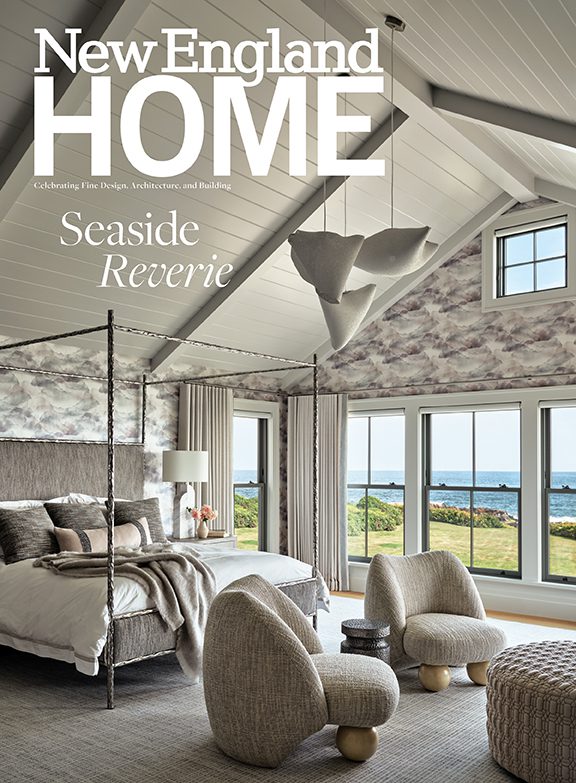
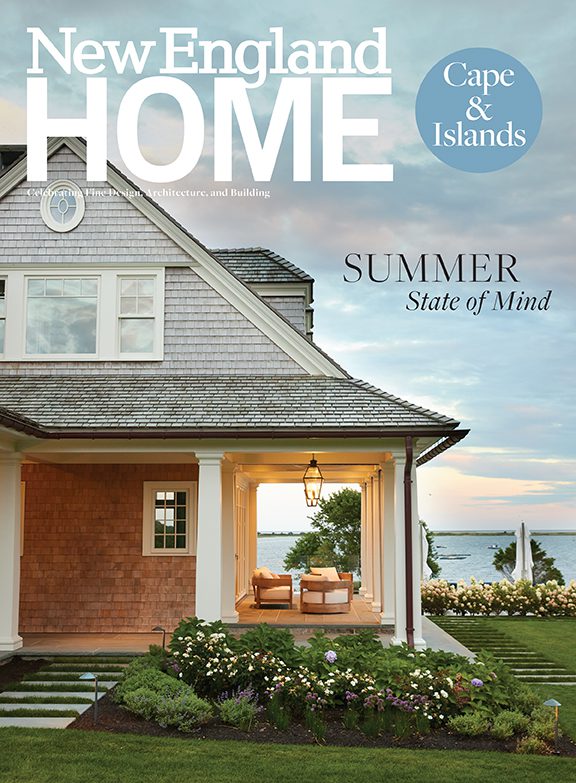
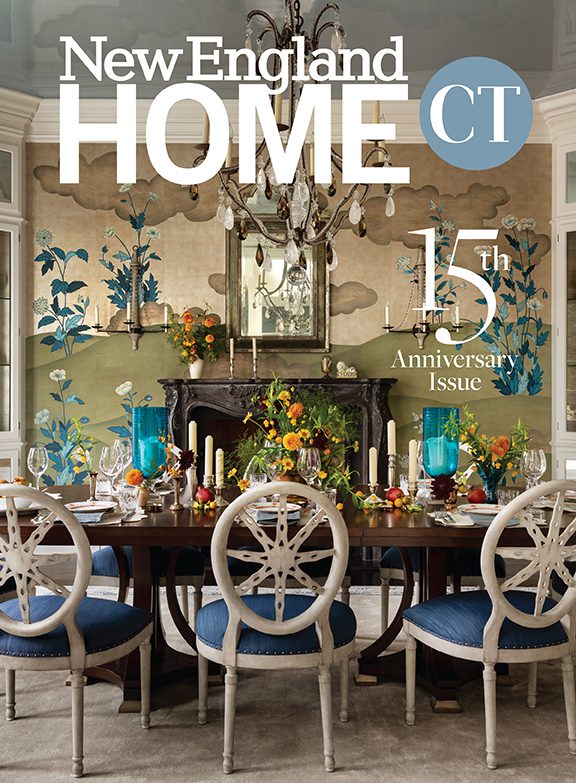


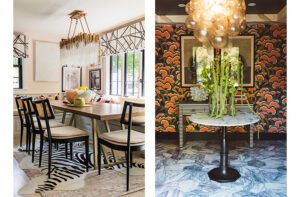
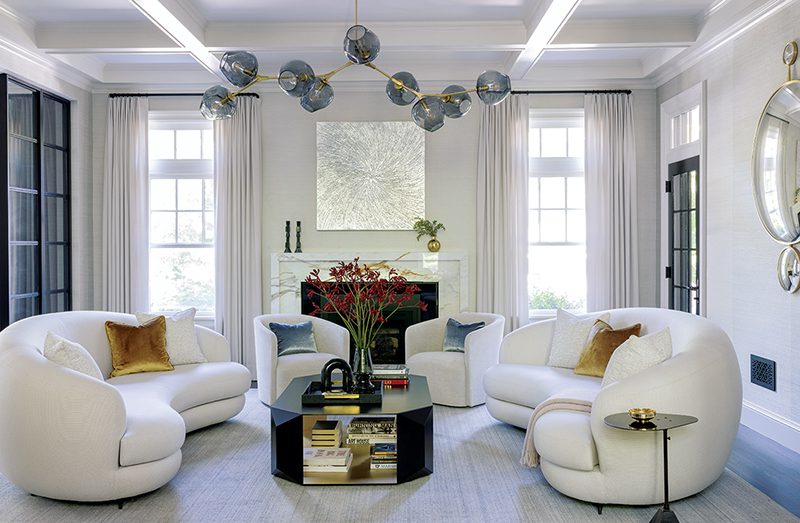
You must be logged in to post a comment.